Have you ever clicked on a website link only to see a confusing jumble of characters in the URL bar – something like https://yourdomain.com/?p=123? Unfortunately, many WordPress beginners don’t realize how much URLs can impact SEO and user trust. The good news? It’s easy to fix. This complete guide will show you how to create SEO-friendly URLs in WordPress, step-by-step. You’ll learn why well-structured URLs matter, proven best practices, and actionable tips you can implement today to boost your rankings and make your website easier to navigate. Whether you’re optimising a blog, online store, or professional portfolio, mastering SEO-friendly URLs is a foundation of effective on-page SEO. Let’s make your links work even harder for your business!
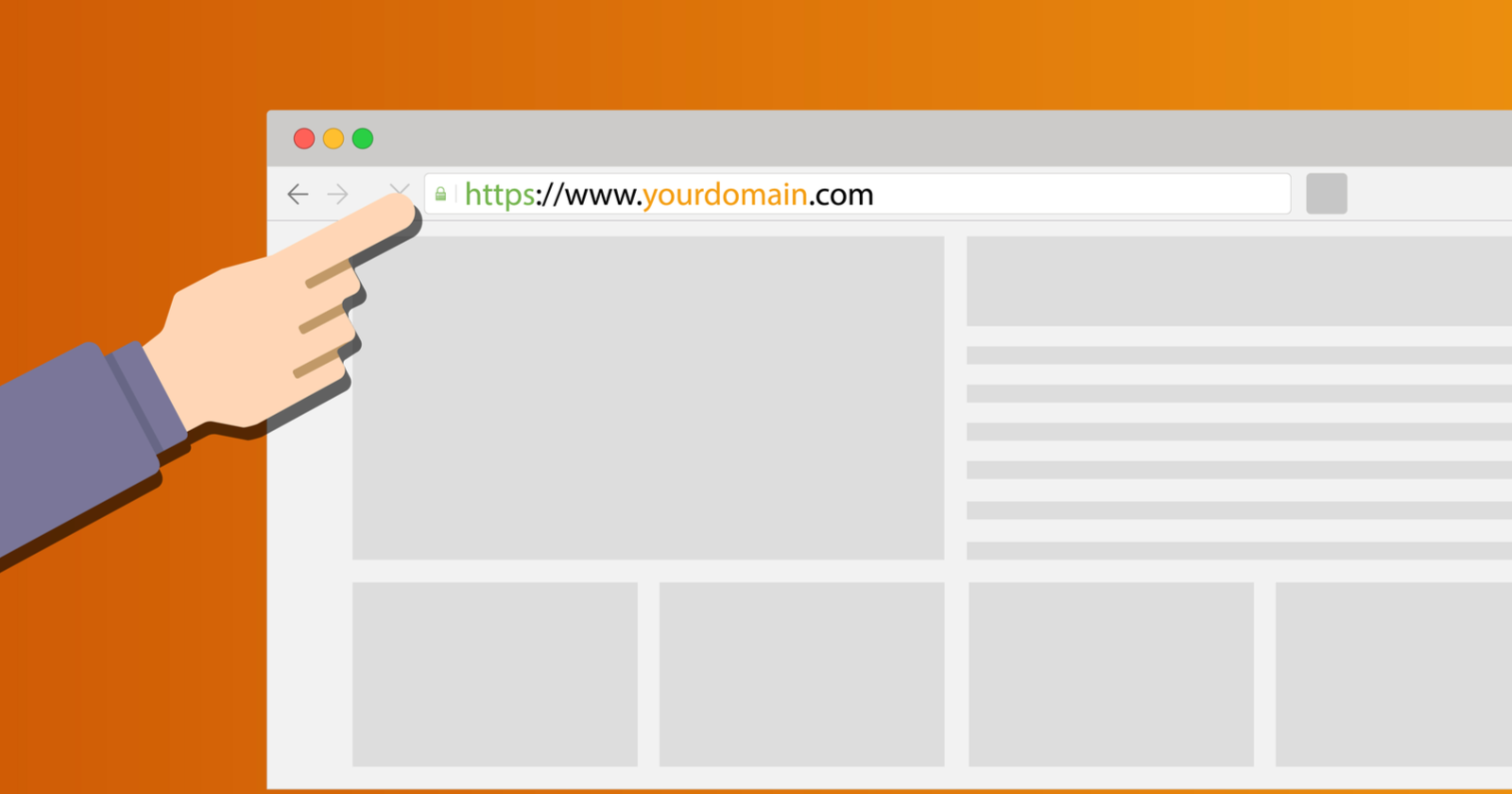
What is an SEO-Friendly URL in WordPress?
Before we dive into setting them up, let’s clarify: what does it actually mean to create SEO-friendly URLs in WordPress?
An SEO-friendly URL is a web page address (or permalink) that is:
- Easy for humans to read and understand
- Relevant to the page content and keywords
- Clean—free of unnecessary parameters or gibberish
- Optimized for search engine crawlers and social sharing
Instead of using the default messy URLs (like yourdomain.com/?p=101), a well-optimized URL might be: yourdomain.com/wordpress-seo-friendly-urls/. This instantly shows users (and Google) what the page is about!
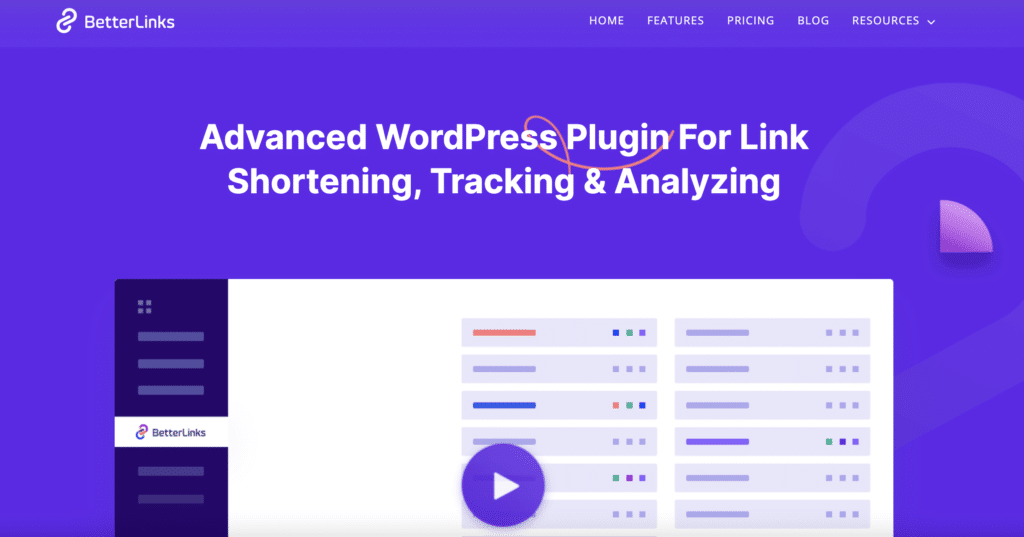
Why Creating SEO-Friendly URLs in WordPress Matters
You might be wondering: why should I care about my URLs? The benefits go beyond just search engines. Here’s why optimizing your WordPress URL structure is essential:
- Improved Rankings: Search engines factor keywords in URLs when ranking pages.
- Better User Experience: Clean, readable URLs make navigation easier for visitors.
- Higher Click-Through Rates: Descriptive URLs look more trustworthy in search results and on social media.
- Simple Sharing & Linking: Short, relevant URLs are easier to remember, copy, and share.
- Enhanced Crawlability: Proper structure helps Googlebot and others discover your content more efficiently.
SEO-friendly URLs are a win-win: easier for users, more appealing for search engines, greater visibility for your WordPress site.

Practical Use Cases & Examples of SEO-Friendly URLs
Let’s look at a few real-world scenarios—see the difference for yourself!
- Blog Post: Instead of /?p=3248, use /how-to-start-a-wordpress-blog/
- Category Pages: /category/seo/ instead of /?cat=23
- eCommerce Products: /shop/organic-green-tea/ not /products?id=872
- Landing Pages: /wordpress-seo-tips/ communicates relevance at a glance
SEO-friendly URLs in WordPress make your links more clickable, understandable, and actionable.

Step-by-Step: How to Create SEO-Friendly URLs in WordPress
1. Choose the Right Permalink Structure
WordPress gives you several permalink options. The best practice? Use “Post name” or a custom structure that keeps URLs short and relevant.
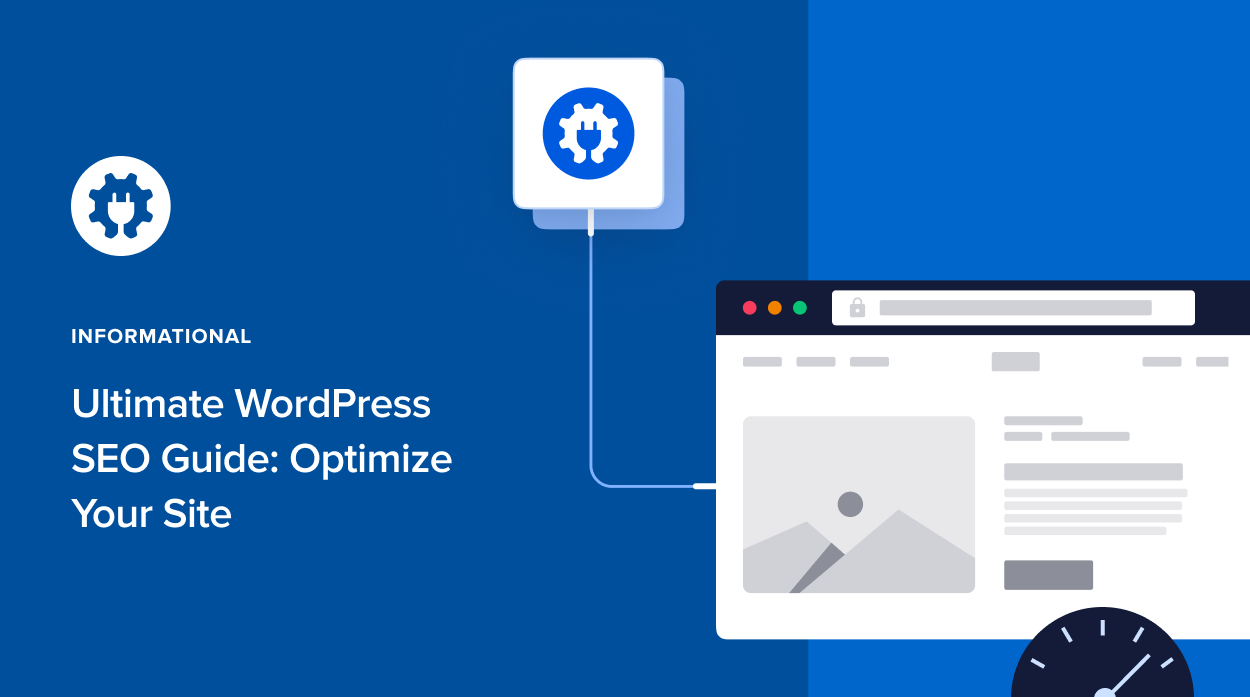
Go to Settings > Permalinks, then select the Post name option. This generates clean URLs like /sample-post/.
2. Use Keywords Naturally
Include your primary keyword (for example, “seo-friendly wordpress urls”) near the start of your URL. Google uses this as a ranking signal. Avoid stuffing; just one main keyword is best.
3. Keep URLs Short, Descriptive & Lowercase
Short URLs rank better, are easier to share, and reduce the risk of errors. Remove unnecessary words (a, the, with, etc.) and use lowercase letters only.
4. Use Hyphens to Separate Words
Hyphens are easiest for both users and search engines to read. Avoid using underscores, plus signs, or spaces.

5. Remove Stop Words and Unneeded Dates
Words like “a”, “to”, “the”, “of”, or date stamps usually add no value. Unless your blog is news-focused, skip the year/month/day format for cleaner permalinks.
6. Only Use Categories or Parent Pages When Necessary
Categories in URLs (like /blog/seo-tips/) are only useful if they help organize your content for users, not just for search engines.
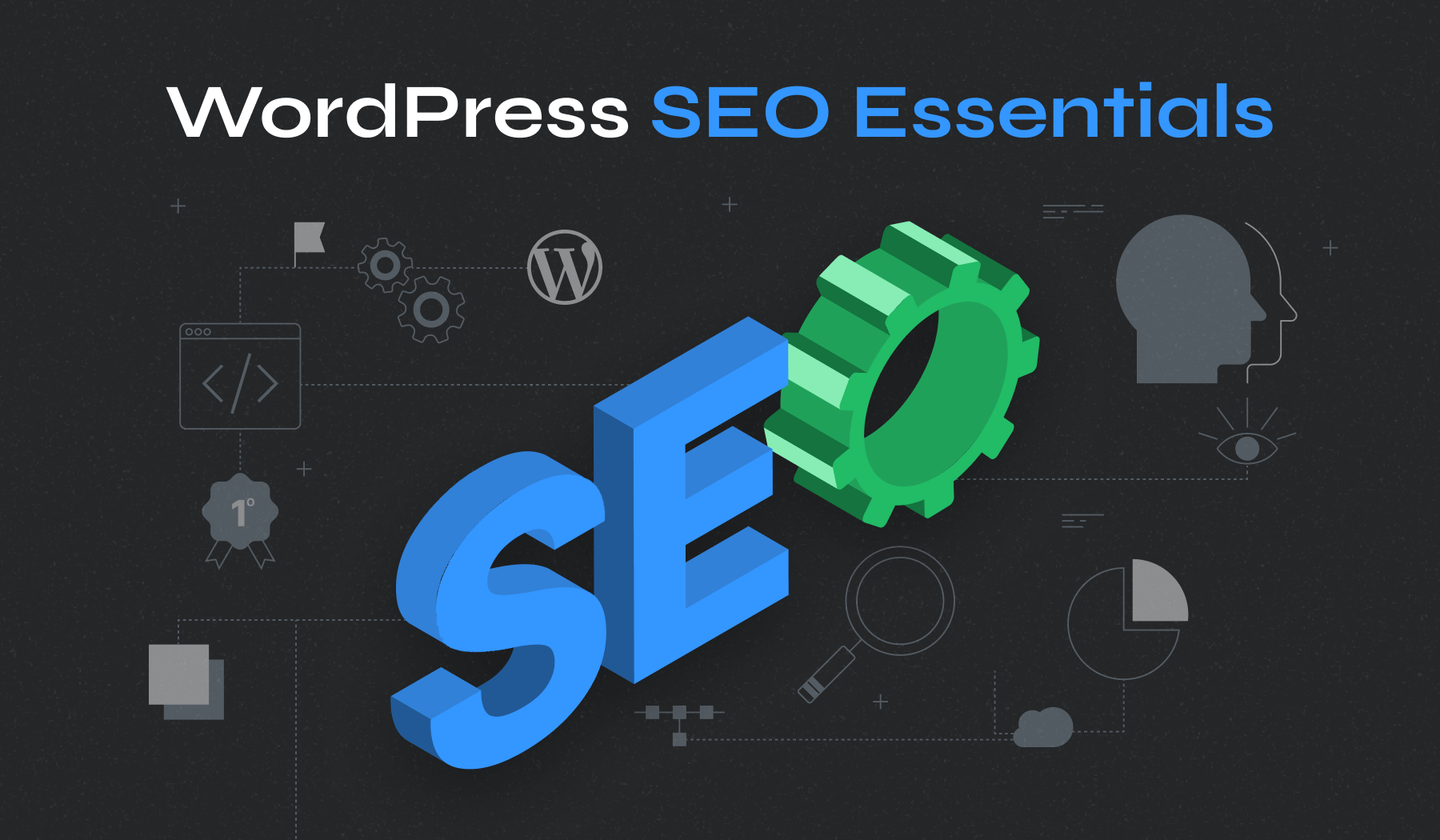
7. Avoid Changing URLs After Publishing
Updating old URLs can harm your SEO if you don’t set up proper 301 redirects. Always plan and set your URL before hitting publish—and use redirect plugins like Redirection if needed.
8. Optimize URLs for Multilingual Sites
If you run a multilingual WordPress website, make sure each translation has its own SEO-friendly URL using the relevant language and keyword.
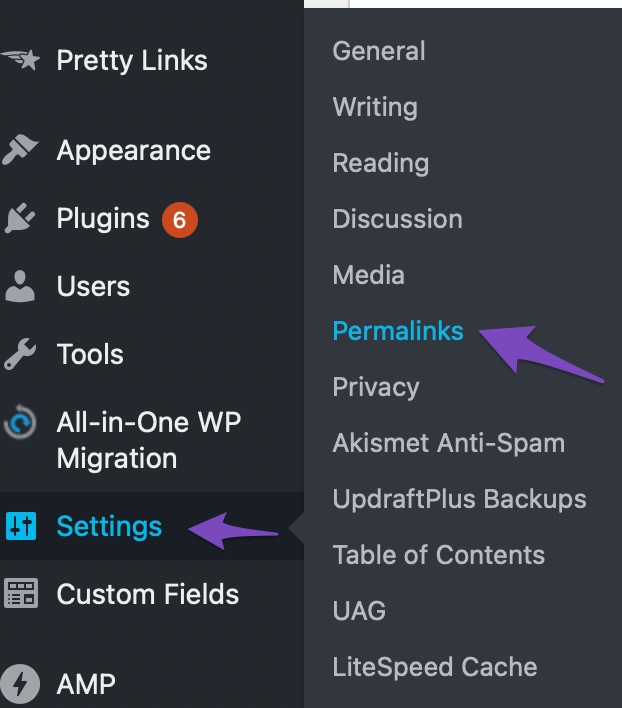
9. Leverage SEO Plugins
Plugins like Yoast SEO, All in One SEO, and Rank Math each offer guidance and checks to ensure your slugs are optimized before publishing.

Common Challenges, Myths & Objections
When you decide to create SEO-friendly URLs in WordPress, you might run into a few snags—or hear myths that don’t hold up. Let’s address them:
- Myth #1: “More keywords in a URL = better SEO.”
Reality: Overloading your slug leads to confusion, not higher rankings! One or two relevant keywords is enough. - Myth #2: “Changing URLs won’t hurt.”
Reality: Changing an existing URL without a 301 redirect can tank your old page rankings. - Myth #3: “Numbers or random characters are fine.”
Reality: These make URLs less click-worthy and almost impossible for users to remember or share. - Objection #1: “It’s too technical.”
Fact: Modern SEO-friendly tools make it simple—if you follow the steps above, you’ll get it right. - Objection #2: “I have thousands of posts, is it too late?”
Fact: Start optimizing new posts now. For legacy content, consider bulk editing main pages and use redirect tools for any changes.

Frequently Asked Questions on Creating SEO-Friendly URLs in WordPress
1. What is the ideal URL structure for SEO in WordPress?
The best structure is short, descriptive, and based on your post name (e.g., /primary-keyword/). Avoid parameters, numbers, and dates unless necessary.
2. Where do I change my permalink structure in WordPress?
You can change your site’s URL structure by going to Settings > Permalinks in your WordPress Dashboard.
3. Are keywords important in URLs?
Yes—using your main keyword in the URL helps with SEO and relevance. Just keep it natural and only use the most important keyword phrase.
4. Should I use hyphens or underscores in URLs?
Hyphens are always preferred. Google treats hyphens as word separators while underscores do not separate words.
5. What happens if I change the URL of a published post?
If you change an old URL, set up a 301 redirect from the old URL to the new one to keep your SEO rankings and prevent broken links.
6. Can I remove “category” and “tag” from WordPress URLs?
Yes! Some plugins let you remove such prefixes, but only do this if it improves clarity. Always test for conflicts with other plugins.
7. Are SEO-friendly URLs case-sensitive?
Technically, URLs are case-sensitive. Always use lowercase letters in your WordPress slugs to avoid confusion and potential errors.
8. How do plugins like Yoast SEO help with URLs?
Yoast SEO and other popular plugins help you preview your URL slug, edit it, and get instant feedback on SEO-friendliness before publishing.
9. What if my URL is too long?
Shorten it by removing unnecessary words. Only include the keyword, core topic, or category if needed. Aim for 3–5 words max.
10. Will SEO-friendly URLs guarantee higher Google rankings?
No single action guarantees #1 rankings, but optimizing your slug is a proven trust signal—especially when combined with other on-page SEO practices!
Bonus: Can I use numbers in my URLs?
Numbers are fine if they’re part of the topic (“top-10-seo-tips”) but avoid random strings or post IDs.
Conclusion: Make Every URL Count for SEO Success!
If there’s one actionable step you can take today to improve your website’s rankings, trust, and user results, it’s learning how to create SEO-friendly URLs in WordPress. Modern search engines expect clean, relevant URLs—and site visitors are more likely to engage with links that are both descriptive and easy to read. From adjusting permalinks to adding the right keywords, every small tweak compounds your long-term SEO growth.

Start by updating your settings, optimizing your next slug, and using trusted plugins for guidance. Don’t just stop here—explore related topics:
- How to Set SEO-Friendly URL Structure (WPBeginner)
- URL tips from Yoast
- Advanced URL Strategies (SE Ranking)
Give your WordPress website the strong foundation it deserves. Start optimizing those URLs today—and watch your traffic, ranking, and user satisfaction soar!
